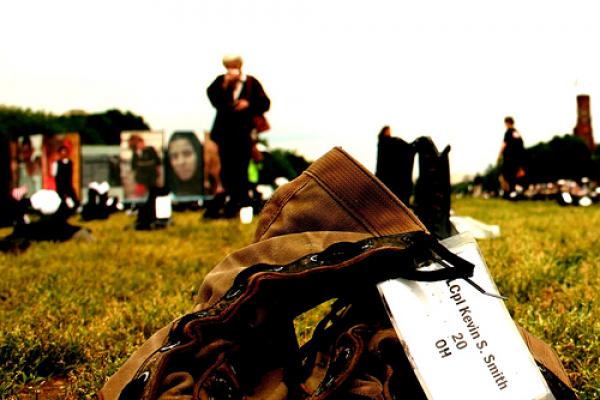Dec 13, 2011
It does no dishonor to those who served to learn from the mistake that was made in starting an unnecessary war in Iraq. And, to realize that it is a mistake the U.S. continues to make. Andrew Bacevich, a Boston University professor who is also a West Point graduate, Vietnam combat veteran and retired Army colonel; and whose son was an Army officer killed in Iraq put it best. "The final tragedy of a tragic enterprise is that the U.S. has learned next to nothing," he says. "The belief that war works remains strangely intact."
Read the Full Article

Already a subscriber? Login
